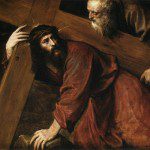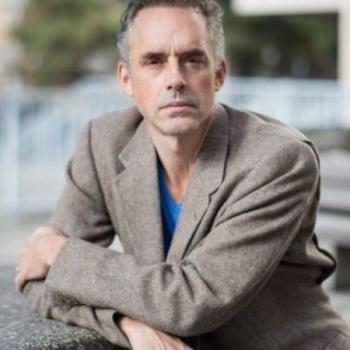Well, I hear you say, what is one more old hymn that we never sing anymore? My response is that the old hymn is indicative of what many of our parishioners have swallowed about the central message of the Christian faith. When I announced to my father, not a deep thinker, and not very much of a church goer, that I was going to seminary, into full-time Christian service, he mused: "There is only one thing that Christianity is good for, to get you from this world into the next world." He was quite horrified when I told him of my active political involvement in anti-Vietnam war protests, how I spent hours registering voters in the 1968 presidential contest between Hubert Humphrey and Richard Nixon. He loudly announced to me that he would never support me financially again — and he did not. My father had swallowed Miles' notion of Beulah Land, a heavenly place where we go after we escape this terrible world.
Isaiah will have none of it. Beulah Land is the transformed Jerusalem, a marvelous symbol of God's power to change devastation into a marriage-like joy and to do so in such a way that the world may see and act accordingly. We need not wait for death to experience Beulah Land; it is even now in the mind of God, and God is working out the transformations now. The question for us is not how I weasel my way into such a place of rest. The question for me, for us all, is how do I join God in acts of transformation, to join God in the building of Beulah Land?





